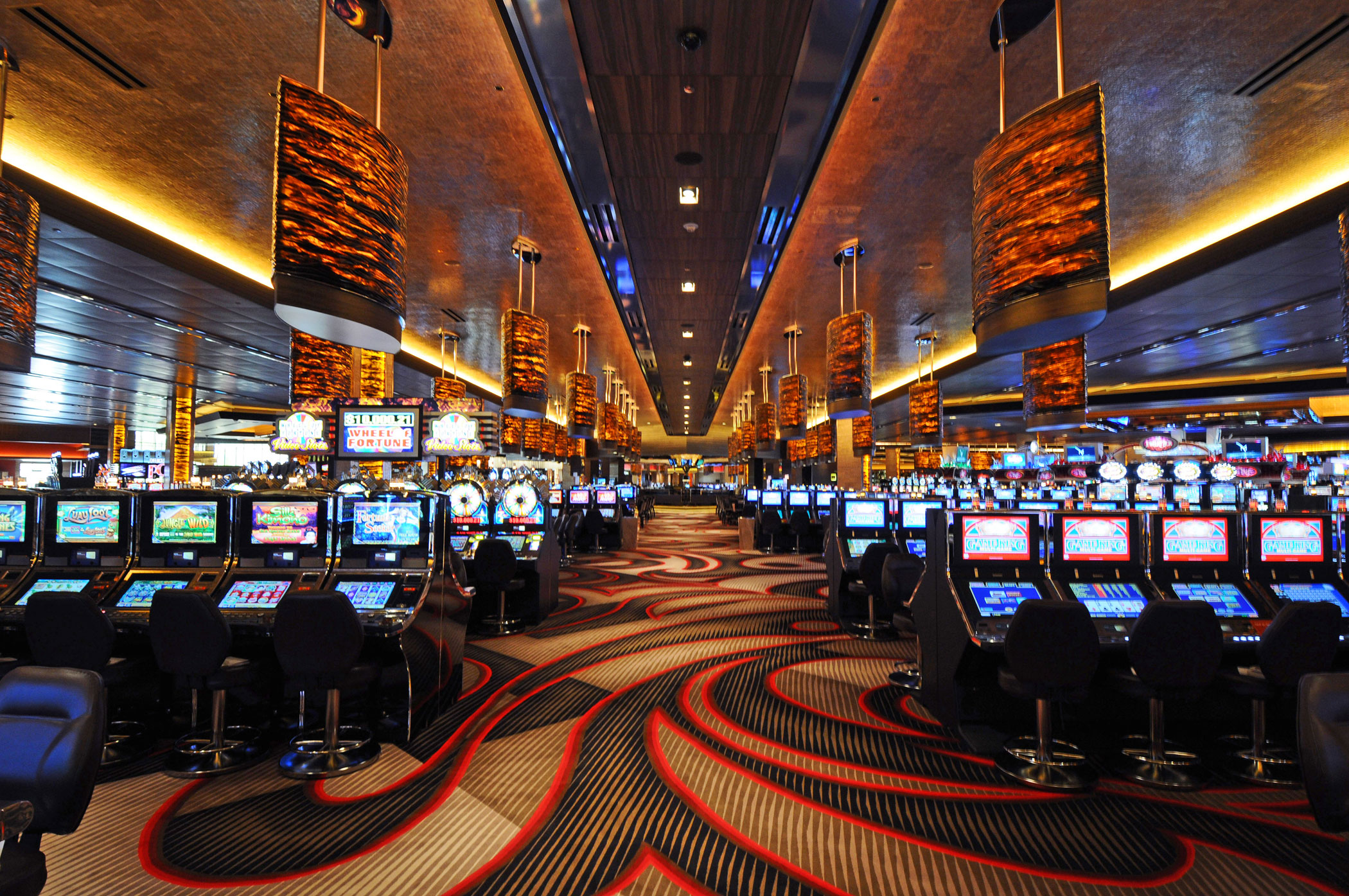
Casino gaming has long been a topic of interest and debate, drawing in millions of players globally. With a blend of chance, strategy, and the thrill of risk, casino games offer an exhilarating escape from everyday life. However, as entertainment becomes ever more accessible, it calls for a more thorough examination of the ethical implications surrounding these games.
At the heart of the discussion lies the issue of whether casinos promote responsible gaming or exploit at-risk individuals. The allure of potential winnings versus the reality of losses can create a challenging situation, and understanding this balance is essential for both players and operators. As we delve into the morals of casino gaming, we will explore the duties of casinos, the impact on society, and the steps that can be taken to foster a healthier gaming environment.
The Impact of Casino Gaming on Society
Casino gaming has a considerable influence on society, affecting not only the economy but also interpersonal dynamics and community structures. The funds generated from casinos can lead to job creation and boost local economies, as they provide multiple employment opportunities in different sectors including hospitality, leisure activities, and retail. However, while the economic advantages can be substantial, communities often grapple with the possible negative impacts that arise from increased gambling activity.
Moreover, the presence of casinos can lead to an increase in gambling addiction, presenting serious challenges for players and families. The thrill of casino games can quickly transform into a compulsive habit, affecting connections with others and leading to monetary issues. Many players may find it difficult with the loss of control over their gambling behaviors, resulting in a need for community support services and help to address this growing issue. The social cost of gambling addiction can extend through kinships and neighborhoods, creating an urgent need for responsible gaming initiatives.
In addition to the economic and social consequences, casino gaming often reflects cultural attitudes towards uncertainty and entertainment. It can encourage a sense of excitement and leisure, attracting tourists and boosting tourism. However, this allure may also mask the wider implications of gambling as a method of entertainment, provoking ethical questions about its promotion and availability. As communities weigh the advantages and drawbacks of casino gaming, the need for sensible approaches and regulation becomes increasingly critical in ensuring that the positive aspects are enhanced while minimizing the negative effects.
Ethical Issues in Gambling Practices
The morality of casino operations often center around the risk for dependency and its effects on people and households. Gambling can lead to significant financial distress, impacting not only the gamblers but also their families. As individuals become caught in the allure of winning, many lose track of their financial limits, which can result in devastating outcomes such as insolvency. This poses moral questions about the responsibility of gambling establishments in fostering safe gambling practices and offering support for those who may be dealing with gambling addiction.
Another critical concern is the advertising of gambling to vulnerable groups. Gambling establishments often aim at low-income individuals or neighborhoods with the offer of fast rewards, which can perpetuate patterns of poverty and hopelessness. In this situation, the morality of advertising strategies used by casinos come under examination, as they may exploit the need of people seeking an way out from economic troubles. This exploitation raises ethical questions about the honesty of the gambling industry and its responsibility to safeguard its most vulnerable customers.
Additionally, the impact of gambling gaming on society as a entirety cannot be ignored. While some argue that casinos create employment and stimulate local economies, others point to the social costs associated with dysfunctional betting, increased crime rates, and a burden on public services. Balancing financial advantages with the potential for community issues presents a complex ethical dilemma for lawmakers and casino operators alike. The difficulty lies in finding a responsible approach that takes into account the welfare of people and society while still allowing for the enjoyment of casino gaming.
Regulation System and Duties
The oversight structure surrounding gaming activities is designed to ensure justice, integrity, and gambler safety. Various government bodies and gaming commissions create and apply regulations that dictate how casino games work, the criteria for game creation, and the protocols for managing winnings. These regulations vary by jurisdiction but typically involve licensing requirements for operators and rigorous measures to stop cheating and scams.
In furthermore to regulatory bodies, gaming operators bear significant accountability in maintaining principled standards within their venues. They must adopt safe gambling practices that support player security and consciousness, including presenting self-limitation options and providing information about the risks connected to gambling. non GamStop sports betting Establishments are also accountable for instructing workers to recognize signs of difficult gaming and know the correct steps to assist customers in need.
Moreover, openness in gaming operations is vital for gaining and preserving public confidence. Gaming establishments should offer clear details about the probabilities of operations, marketing opportunities, and any associated risks. By creating an environment of transparency and trust, gambling establishments can help reduce the potential harmful impact of gambling while improving the complete betting experience for all participants.